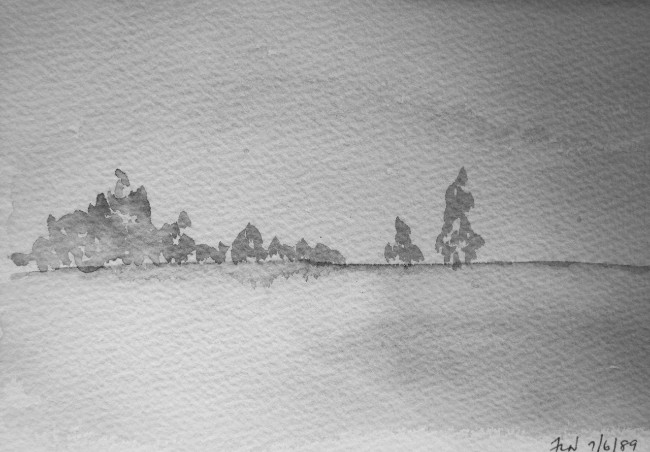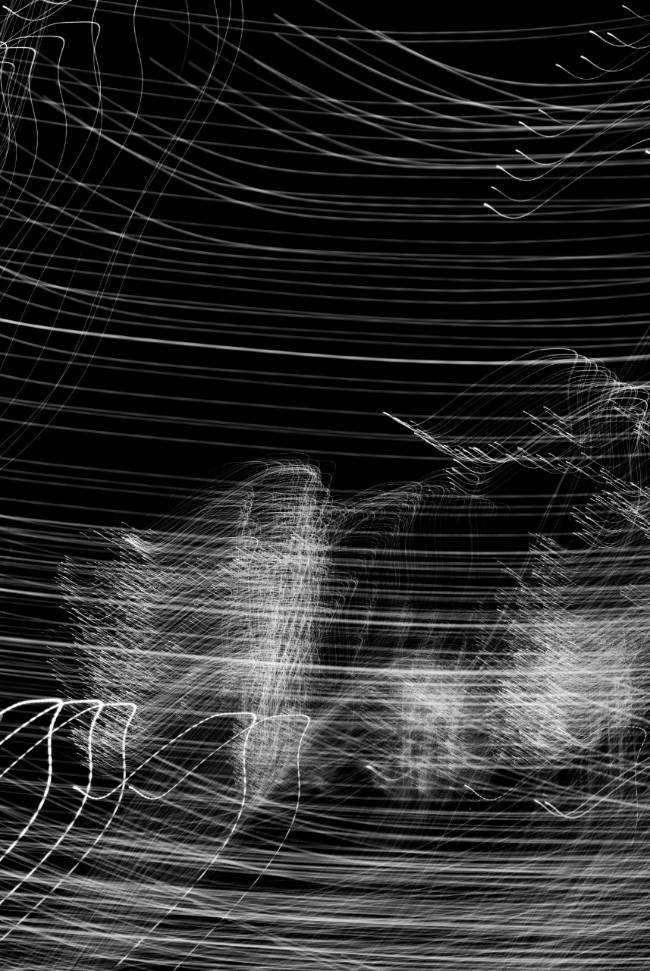Louisa Seifert: Poetry in a Time of Dislocation


Editor’s note: This is the latest installment in the series “Poetry in a Time of Dislocation.” Fine art photographer Fern Nesson asserts that the place for art is critical during this time of pandemic, and she has immersed herself in the French poets, translating important works and sharing them as photo essays. This week, Fern shines the spotlight on Louisa Seifert, whose work is sadly unknown today.
(Check out previous installments here:
Charles Baudelaire,
Guillaume Apollinaire,
Paul Valéry,
Christine de Pizan,
Paul Verlaine,
Alphonse de Lamartine,
Anna de Noailles
Paul Éluard
Marceline Desbordes-Valmore
Stéphane Mallarmé)
We’ve all heard of Rimbaud and Baudelaire but, Louisa Seifert, their contemporary and equal in the beauty and mastery of poetic form, is practically unheard of today. This is a tragedy.
Seifert published her first book of poems 1868 and it was an instant hit. Another book of poems swiftly followed. We are lucky that they did. Seifert died at age 32 of tuberculosis in 1872.
In her time, Seifert was highly admired. Fellow poet Lucien Schefer described her poems as “illuminé par la beauté du verbe” — illuminated by the beauty of the verb. Rimbaud called them “aussi beau que les plaintes d’Antigone dans Sophocle” –as beautiful as the lamentations of Antigone.
I agree.

Photo credit: Fern Nesson
A Ce Qui N’est Plus
Pourquoi revenez-vous creuser mon souvenir,
O jours trop tôt perdus, ô trop chères pensées,
Images que le temps doit avoir effacées,
Mots que mon cœur jalouse & ne peut contenir,
Pourquoi revenez-vous creuser mon souvenir?
J’avais promis l’oubli qui console et qui tue,
L’oubli muet & calme, aux flots profonds & lourds.
Les heures ont passé, je me souviens toujours;
Vous agitez encore mon âme combattue.
J’avais promis l’oubli qui console et qui tue.
Mon espoir est un rêve & mon rêve un secret,
Mes vers en sont l’écho, mais non la voix vibrante.
J’aime aux bois soleillés la vapeur transparente,
J’aime aux yeux les plus beaux un plus subtil attrait.
Mon espoir est un rêve & mon rêve un secret.
Le cœur a des retours vers les choses anciennes,
Des retours imprévus, séduisants, caressants;
Le poete s’éveille à de si doux accents
Et s’abandonne à ces langueurs qui sont les siennes.
Le cœur a des retours vers les choses anciennes.
O jours trop tôt perdus, ô jours trop regrettes!
Puisse l’enivrement de vos mélancolies,
Reflet mystérieux des aurores pâlies,
Longuement éblouir mes regards attristés,
O jours trop tôt perdus, ô jours trop regrettes!
That Which is No More (My Translation)
Why are days too soon lost, thoughts much too painful,
images that time should have erased
etched into my memory?
why do jealous words that I could not contain return to plague me?
I swore to bury them in the deep beneath deep,
to commit them to oblivion, to calm and silence them.
But hours pass and yet I remember them always.
They still agitate my embattled soul.
I sought oblivion but I hoped in vain.
My hopes and dreams remain hidden, as yet unfulfilled.
My verses are but a pale echo, not a vibrant voice
like the sun in the forest, filtered by fog,
like eyes more beautiful when clouded with tears.
My hopes and dreams remain hidden, as yet unfulfilled.
My heart longs to revisit former days,
to relive enchanted, captivating, tender moments.
Enveloped in their misty overtones,
I abandon myself to those dreamlike scenes.
My heart returns always to days gone by.
Oh days gone too soon! Oh days full of regrets!
The mysterious gleams of those fading dawns glitter in my memory.
What melancholy intoxication!
O days too soon lost, O days full of regret!
Lead photo credit : Photo credit: Fern Nesson
More in French poetry, Louisa Seifert



REPLY